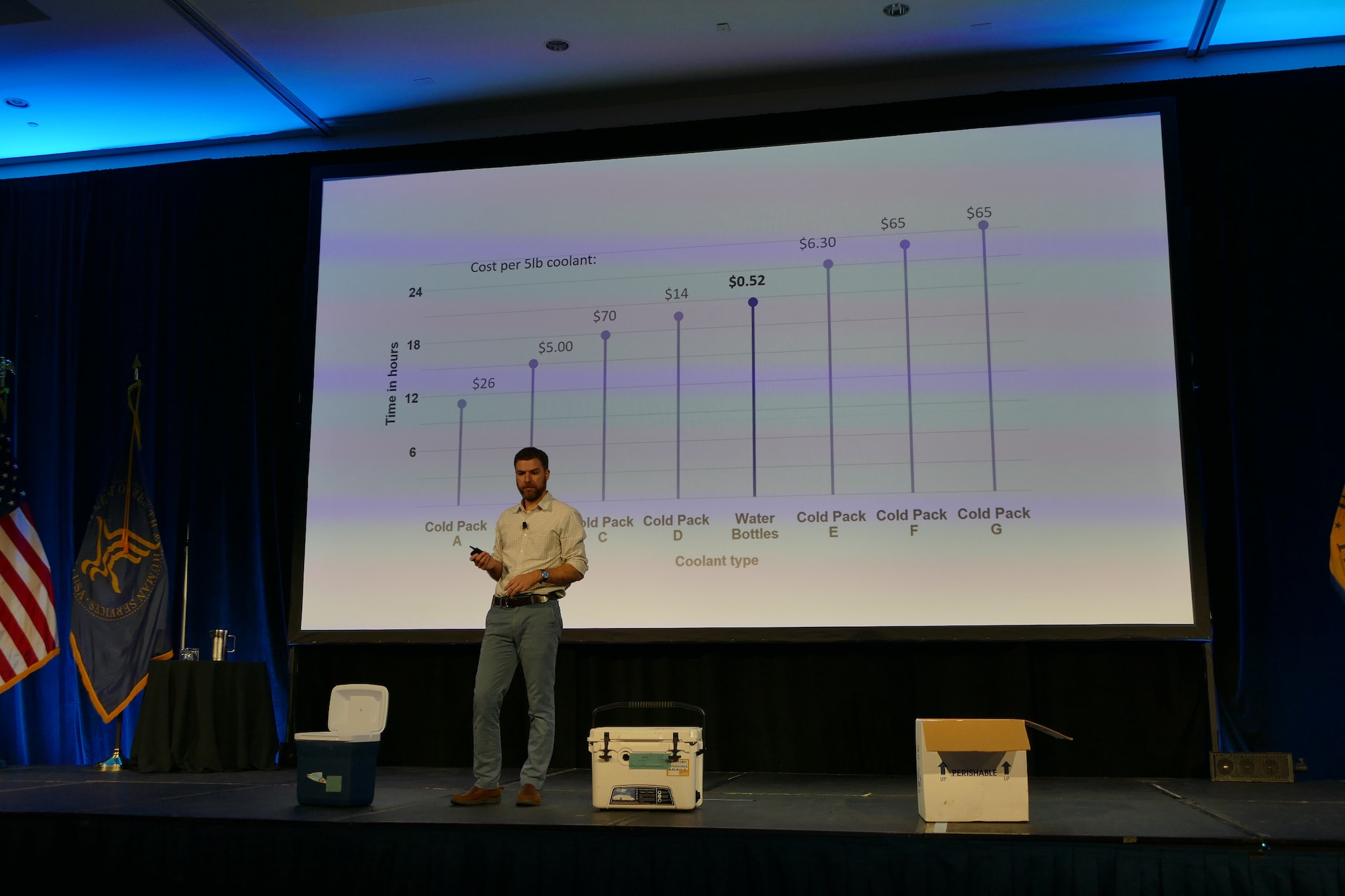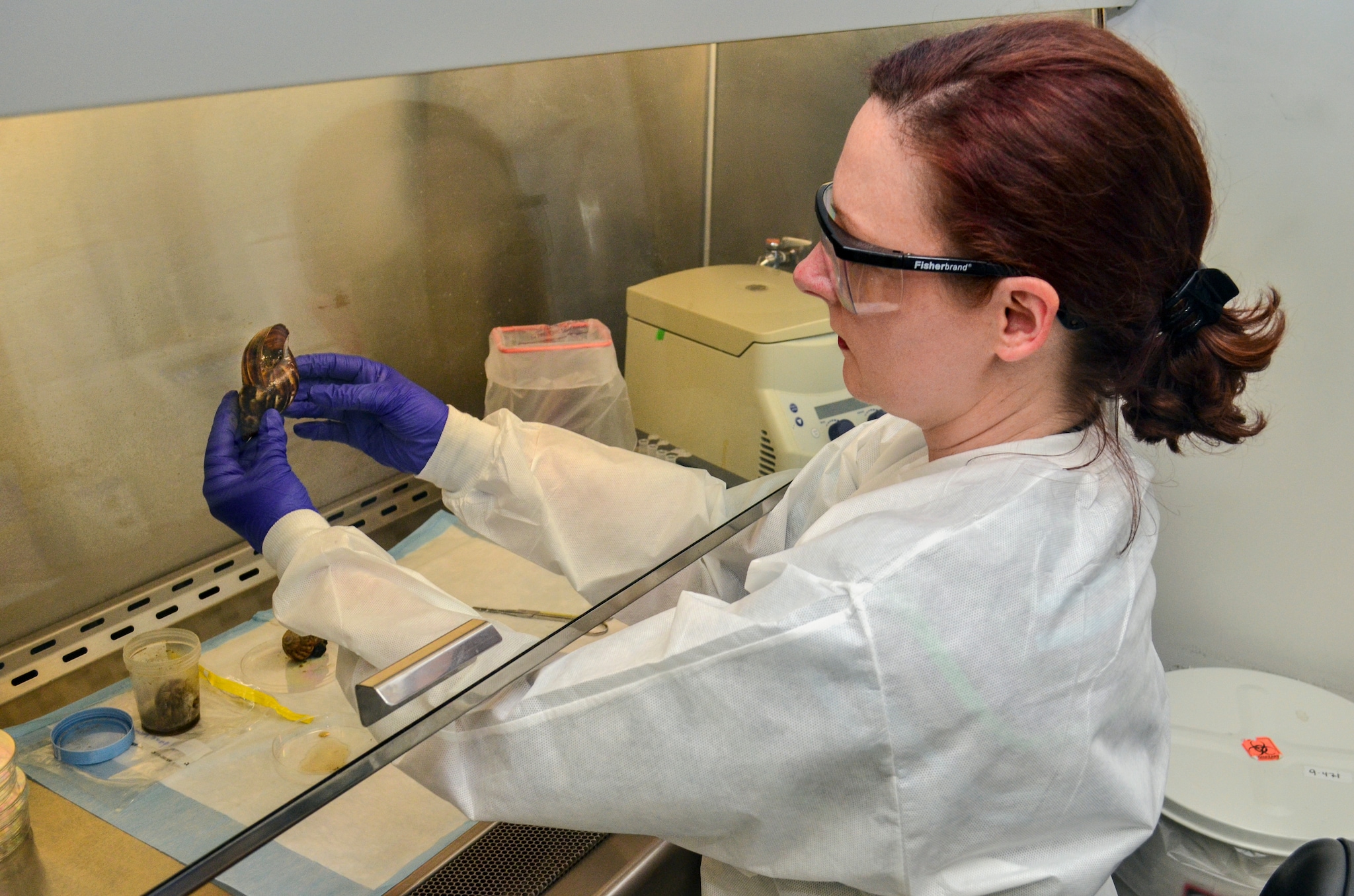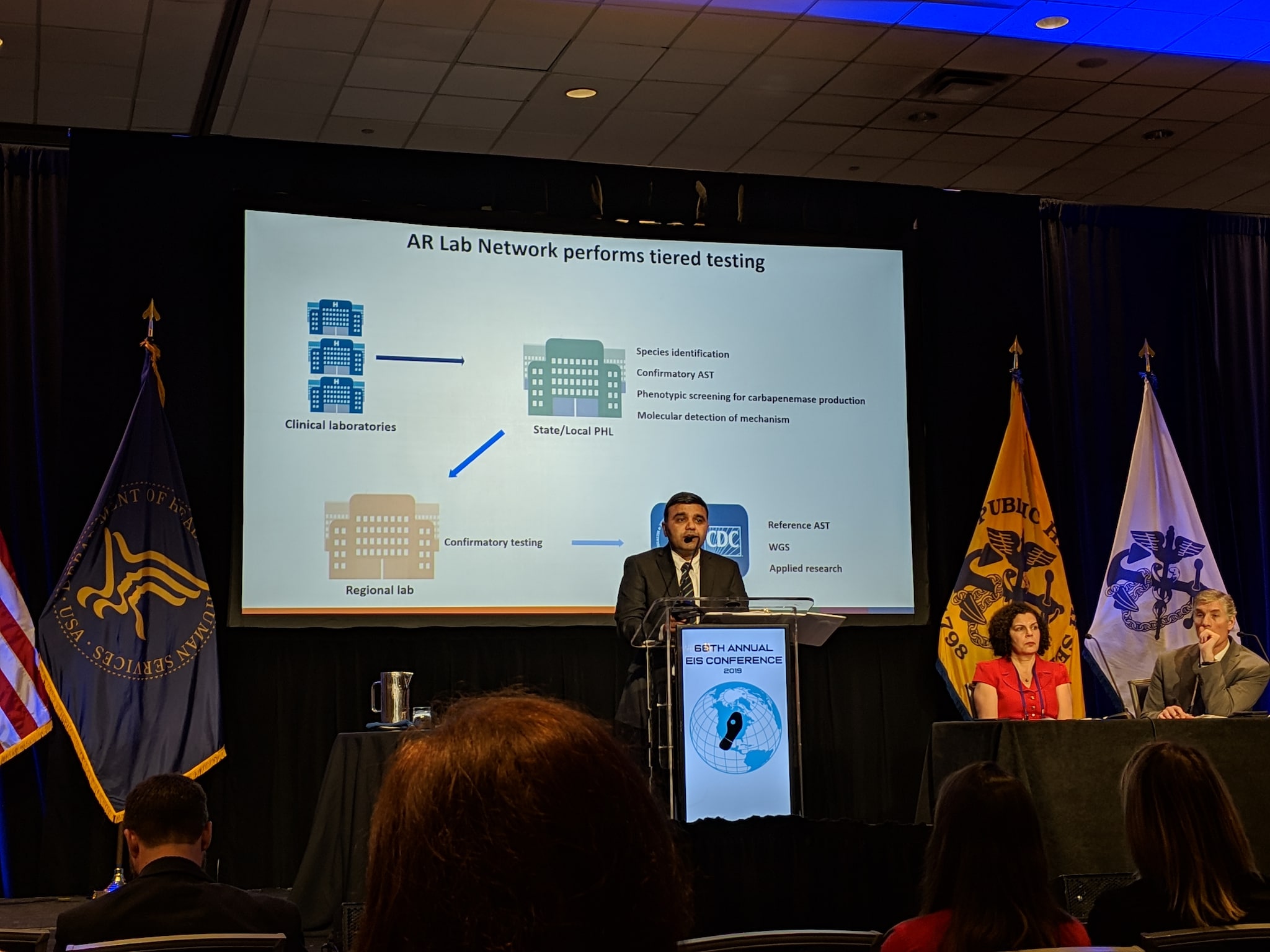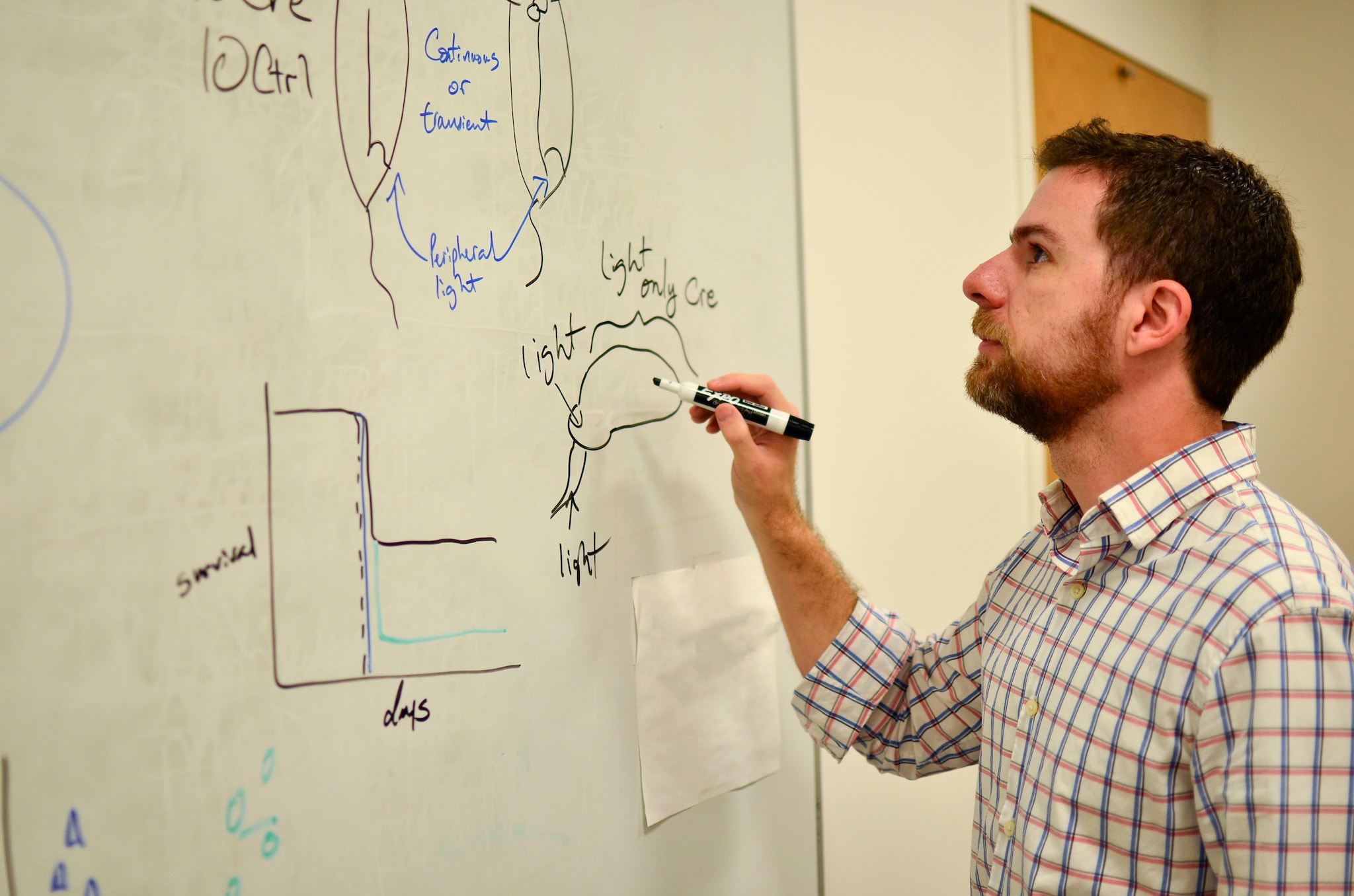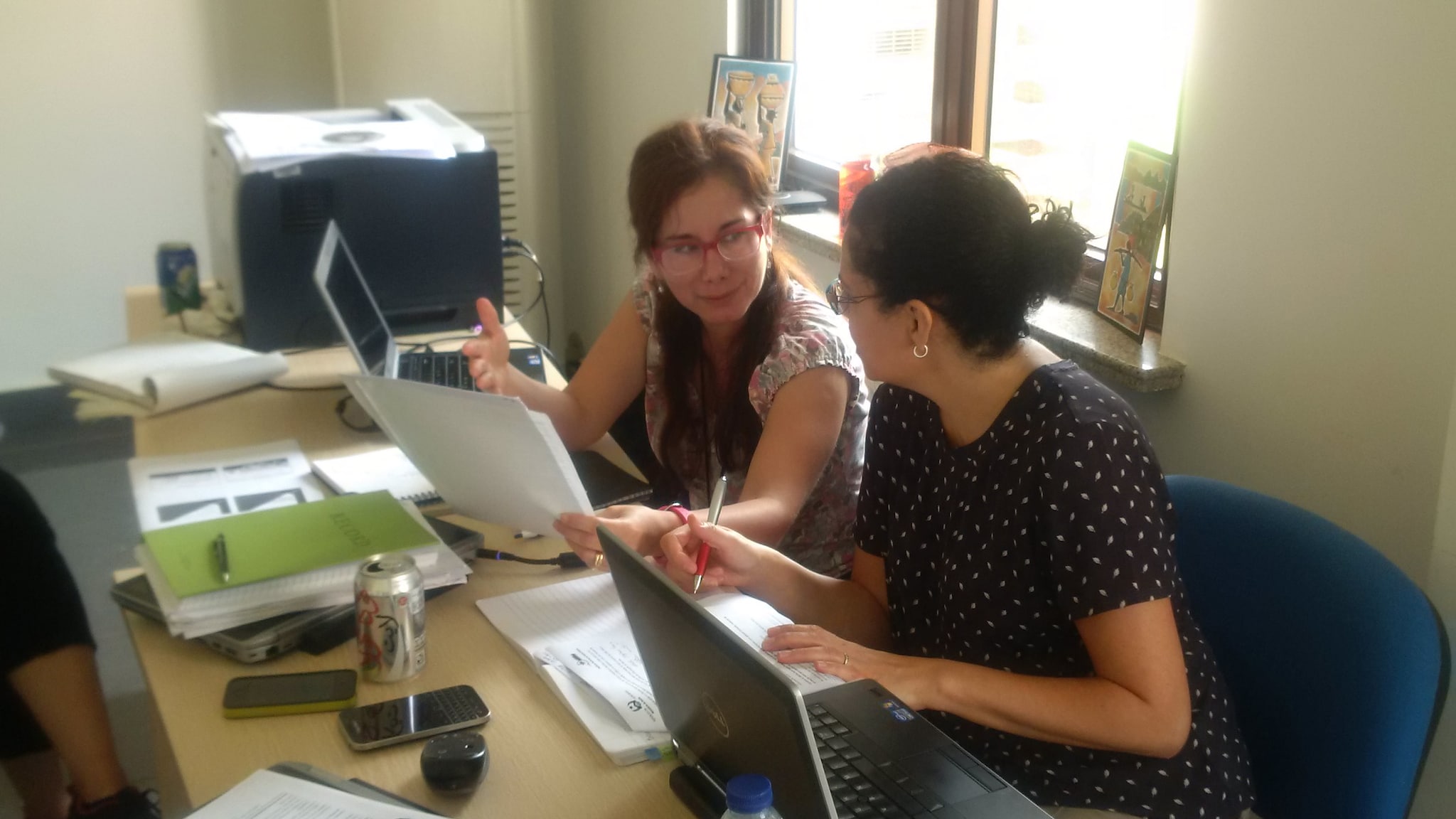
What LLS Fellows Learn
LLS fellows gain invaluable public health expertise and leadership skills through rigorous training, mentorship, and hands-on experiences in the field, at CDC, or in state or local public health laboratories.
LLS fellows work on projects for their assigned lab, respond to emerging public health needs, and receive mentorship from CDC and other public health experts during their 2-year fellowship. A fellow’s training is aligned with competencies that prepare them for leadership roles in public health laboratory science careers. Fellows gain and apply skills in leadership, laboratory quality management, biosafety science, bioinformatics, applied research, communications, emergency response, and laboratory program management. As CDC disease detectives, they train alongside Epidemic Intelligence Service (EIS) officers and other disciplines as interdisciplinary team leaders or integral members. LLS emphasizes diversity, equity, and health equity in applied public health practice. LLS’s training competencies provide fellows with diverse perspectives and experiences in laboratory leadership, ensuring fellows are well-equipped to address complex public health challenges.
About 90% of fellows’ curriculum consists of hands-on assignments under the guidance of seasoned mentors and supervisors. The remaining 10% occurs through rigorous didactic course work, case studies, and exercises,.
Examples of fellowship training activities include, but are not limited to:
- A rigorous, one-month summer orientation in Atlanta, Georgia, at the beginning of the fellowship
- Two-week onsite immersive training experience at a state, tribal, local, or territorial public health lab for enhanced perspective of public health laboratory services and to prepare for potential emergency response deployment
- One-week workshop that provides interactive training on safety risk assessments, scientific writing, and risk communications
- Additional one-week workshop that provides essential training in leadership, effective communications, and career-planning
- Practical, applied field investigations and applied laboratory research to help address urgent public health problems
- Comprehensive laboratory safety risk assessments to help improve the safety culture in CDC or other public health laboratories
- Laboratory quality management systems evaluation to ensure that labs provide consistent and reliable data
- Using innovative technologies to conduct and analyze bioinformatics, surveillance, laboratory and other data that help inform public health practice
- Opportunities to present findings from investigations and studies during agency seminars and at national and international conferences
- Applying effective communication principles when presenting findings or preparing written materials or during news media interviews
- Networking opportunities and collaboration with Epidemic Intelligence Service (EIS) officers and other CDC fellows during didactic training, public health investigations and events
LLS fellows complete the program’s Core Activities of Learning (CALs), based on competencies published by CDC and Association of Public Health Laboratories (APHL):
- Conduct applied laboratory research to address a public health or safety-related issue
- Conduct a safety risk assessment to evaluate the probability and potential consequences of exposure to a given hazard
- Evaluate a laboratory quality management system
- Incorporate bioinformatics principles into applied public health laboratory science
- Give a 10–20 minute oral presentation to a scientific audience
- Give an in-depth public health talk on the fellow’s original LLS work or field of study
- Write a first-author scientific manuscript for a peer-reviewed journal
- Participate in laboratory operations management
- Communicate complex scientific concepts to an external lay audience
- Provide service to public health laboratories
